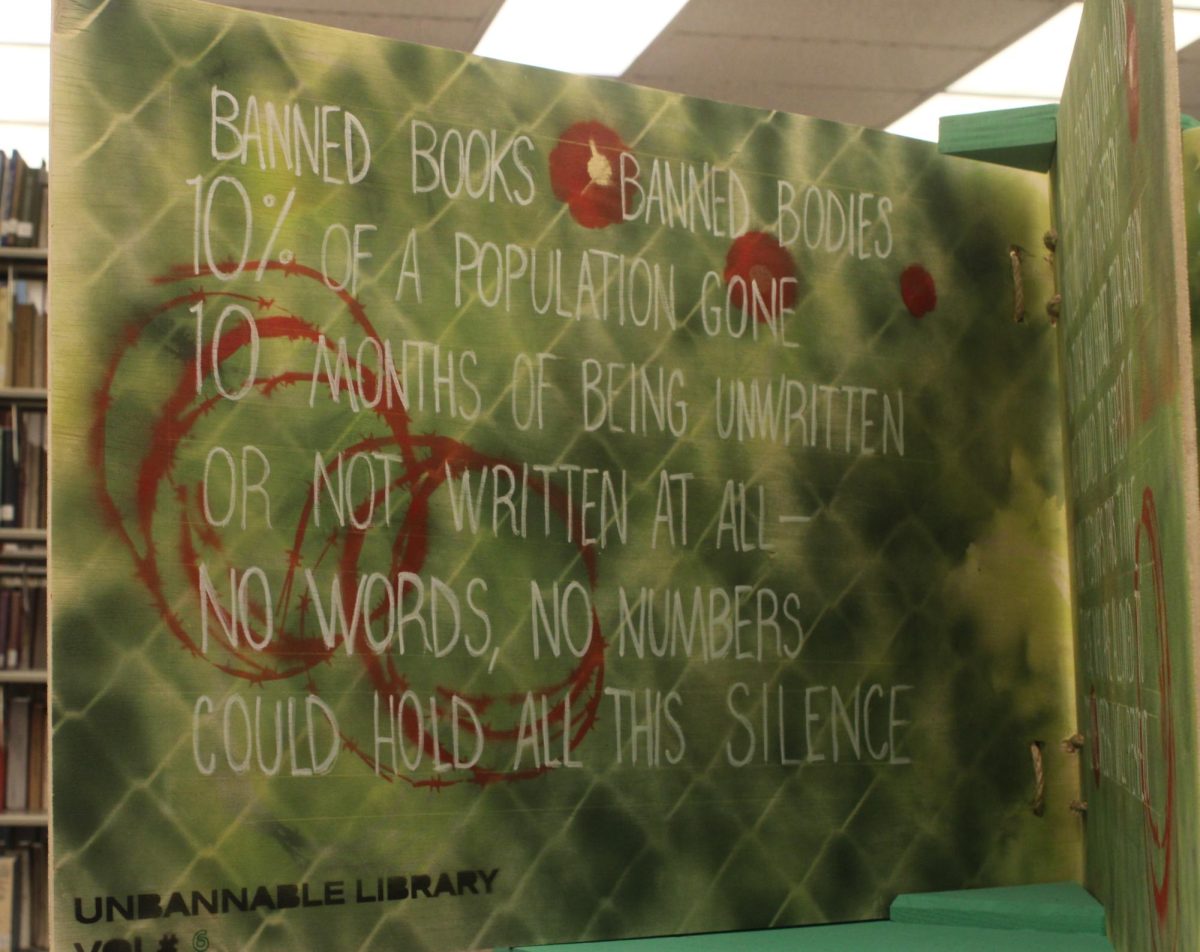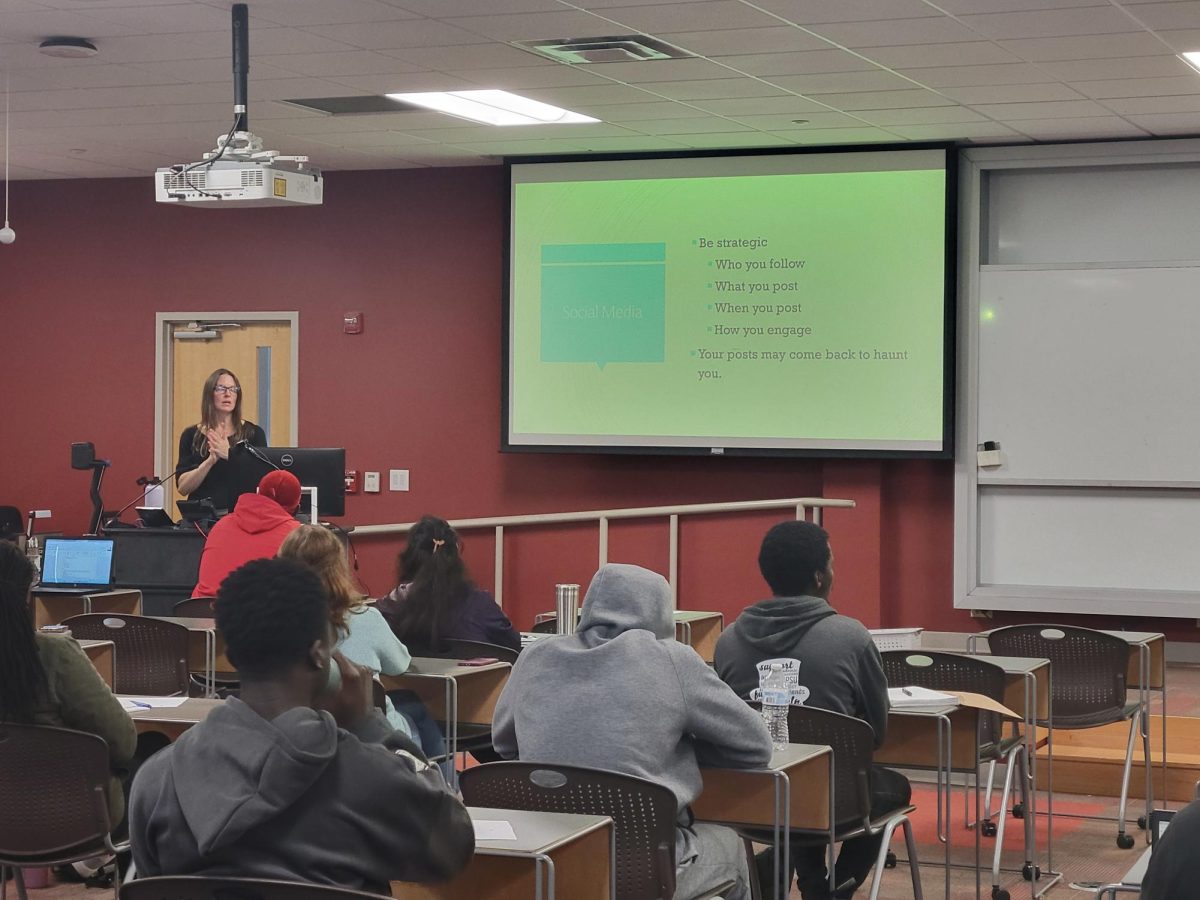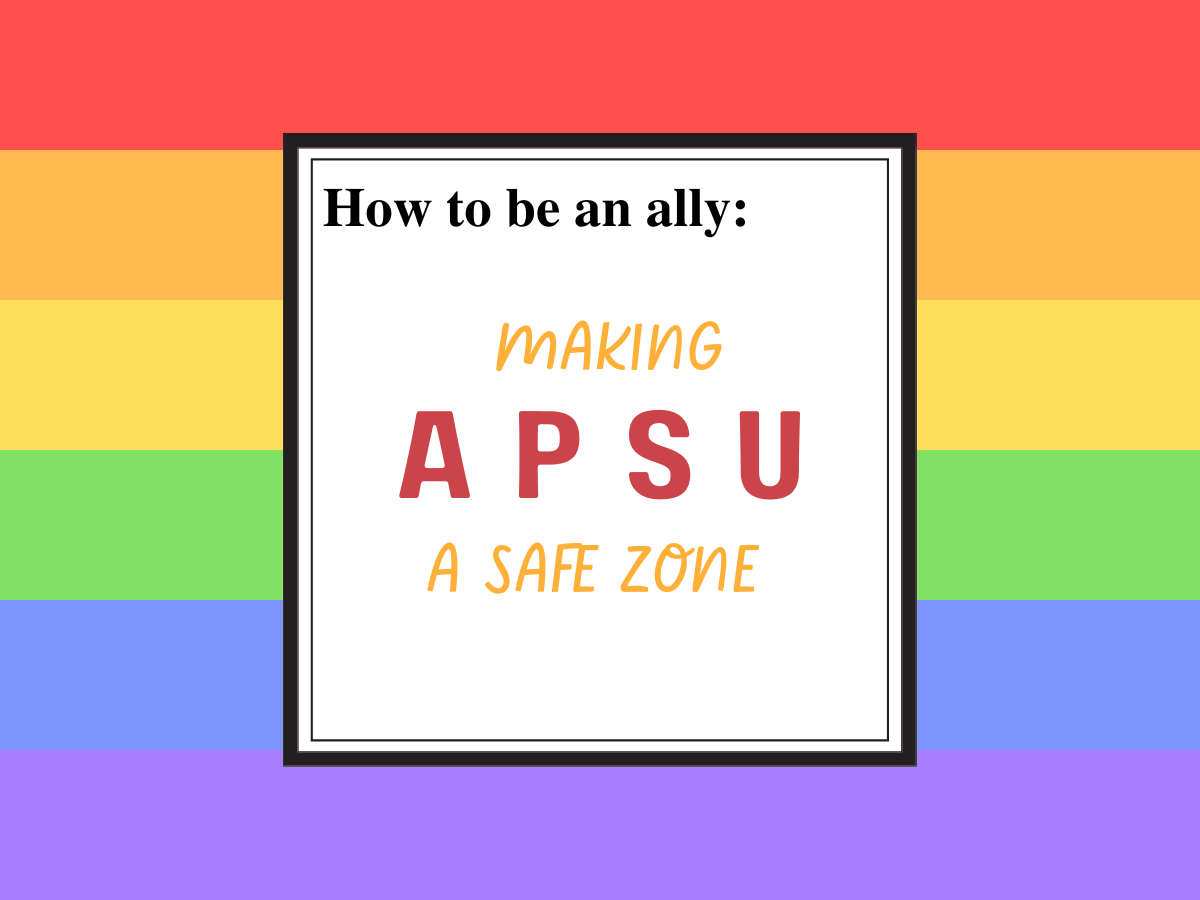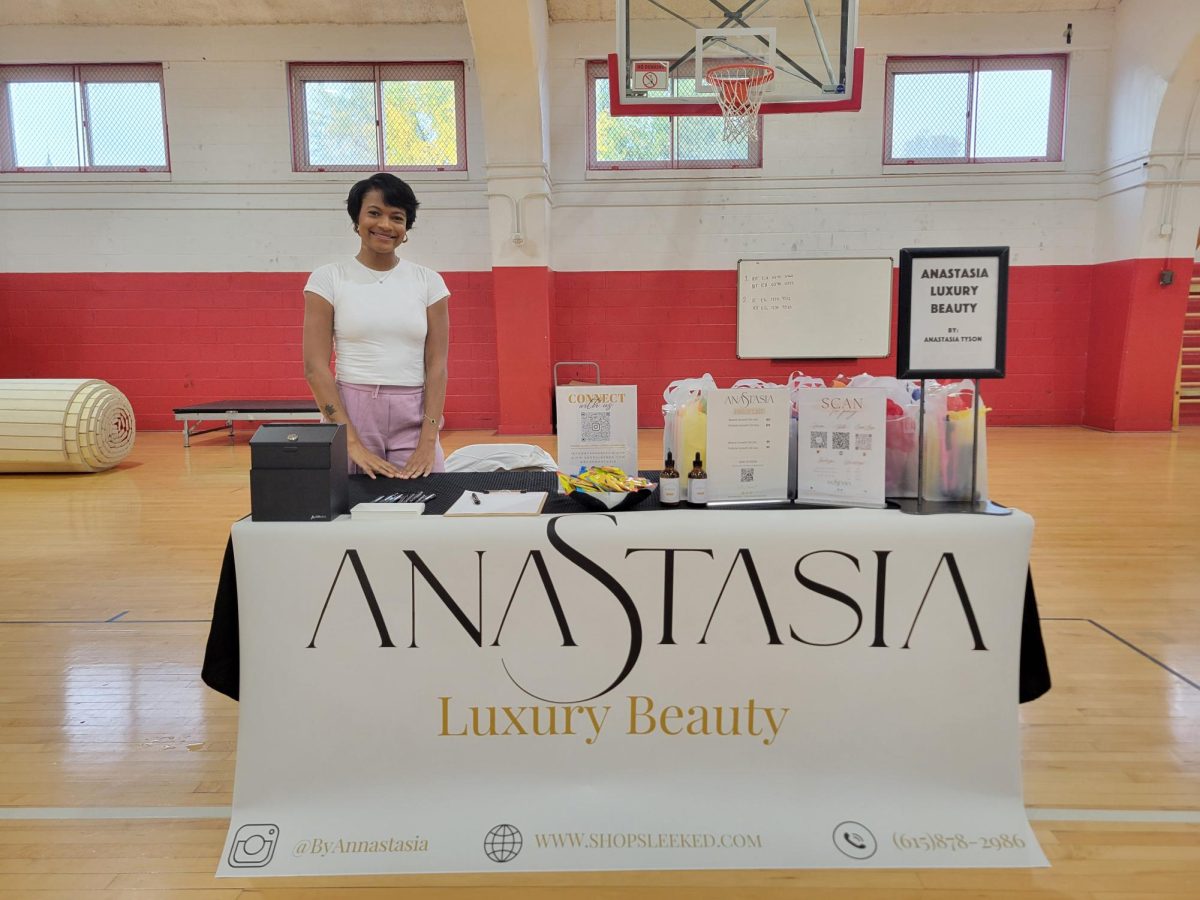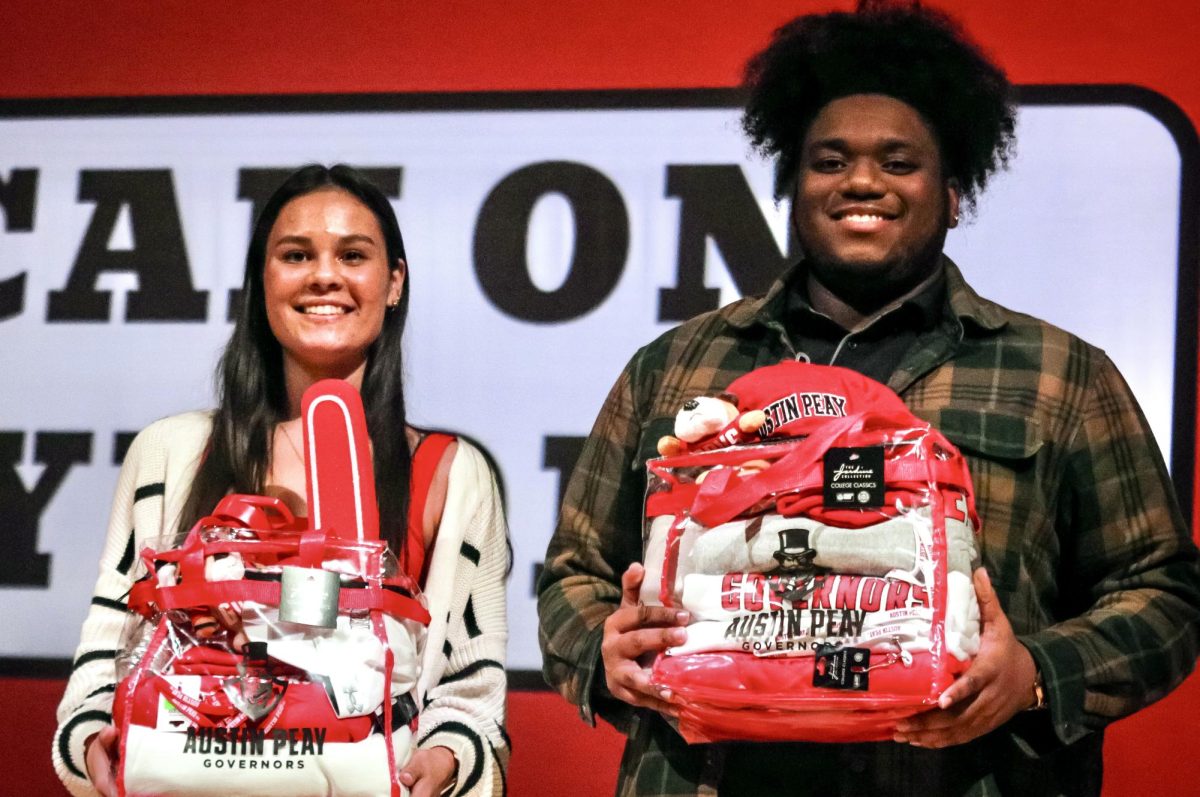From Monday, Nov. 4 to Friday, Nov. 8, the Adult and Nontraditional Student Center (ANTSC) celebrated Nontraditional Student Week.
“Nontraditional Student Week celebrates the adult learners who have carved out time from their busy lives to pursue a higher education,” said ANTSC Graduate Assistant Linda McIntosh.
On Monday, Nov. 4 the center sponsored a table for the Non-Traditional Student Society(NTSS) to hold a fundraiser. Tuesday, Nov. 5 they held the CoffeeBRAKES event, and on Wednesday, Nov. 6 a Nontraditional Student Luncheon took place.
During the luncheon, Director of Academic Support Martin Golson talked about the services provided by the Academic Support Center. He explained where the center is, the operating hours and how it can benefit students. Golson believes students should not be reluctant to seek help from faculty and staff when needed.
“There are some great strengths that come from having a large number of nontraditional students because they come to the university with a number of life experiences,” Golson said. “It means that they also come with some challenges.”
According to Golson, the diverse backgrounds of APSU students mean many must be employed and live off-campus throughout their college careers. Golson also said their experiences outside of school bring unique opportunities and challenges.
Kelby West, a junior vocal performance major, took a couple years off school before transferring to APSU from Lipscomb University.
“I feel as any student would,” West said. “I kind of wish that things had happened differently and that I had graduated by now, but things happen.”
The ANTSC, in UC 112, is open to all students. It offers a six-computer lab, a television area and a place for students to study and share meals with friends.
Public relations major Jason Hartley started school in 2004 and, after a “lackluster” academic experience, spent the next seven years working at Target, a custom t-shirt store and touring with his band.
“In 2011, I put in my application for APSU,” Hartley said. “I had a 1.6 GPA and was denied by the university, so I had to fill out an Academic Admission Appeal form, in which I detailed my reasons for having done so poorly the first time and why this time would be different than the last. Aptly put, I am a nontraditional student because I dropped out and rejoined some years later at the age of 25.”
At APSU, the percentage of students considered “nontraditional” is approaching 45 percent.
Graduate student and cellist Elaine Martin’s undergraduate degree was advertising and public relations. She is now in the first semester of her master’s degree in music.
“First, I am 55,” Martin said. “Second, I am married and a mother of seven children, three of whom are still at home. Third, I am post-breast cancer and doing this degree for me personal enjoyment and happiness. It is also a career change, or maybe improvement.”
Linda Bower, a junior English major, said being a parent to a daughter with Asperger’s Syndrome and attending college can be daunting.
“Few people [in my classes] are my age and [have] my experiences,” Bower said. “They are typically young post-high school students in their twenties and no children. This issue is even more prevalent the higher the level of class I take because so few people my age seem to be going or completing this route.”
Bower said the increasing population and decreasing job availability makes a college degree necessary to success.
“Even though I am 47 years old, I believe the next 40 years of my life will be much happier and more rewarding with this achievement,” Bower said.
ANTSC Coordinator Marta Harper said her hope for nontraditional students is completion of their degrees.
“The best thing a nontraditional student can do is develop friendships on campus,” Harper said. “People at home may not realize how hard school can be and sometimes even wish the student would drop out because going to school can be hard on the whole family. But your campus friends will always encourage you to stick it out.”

